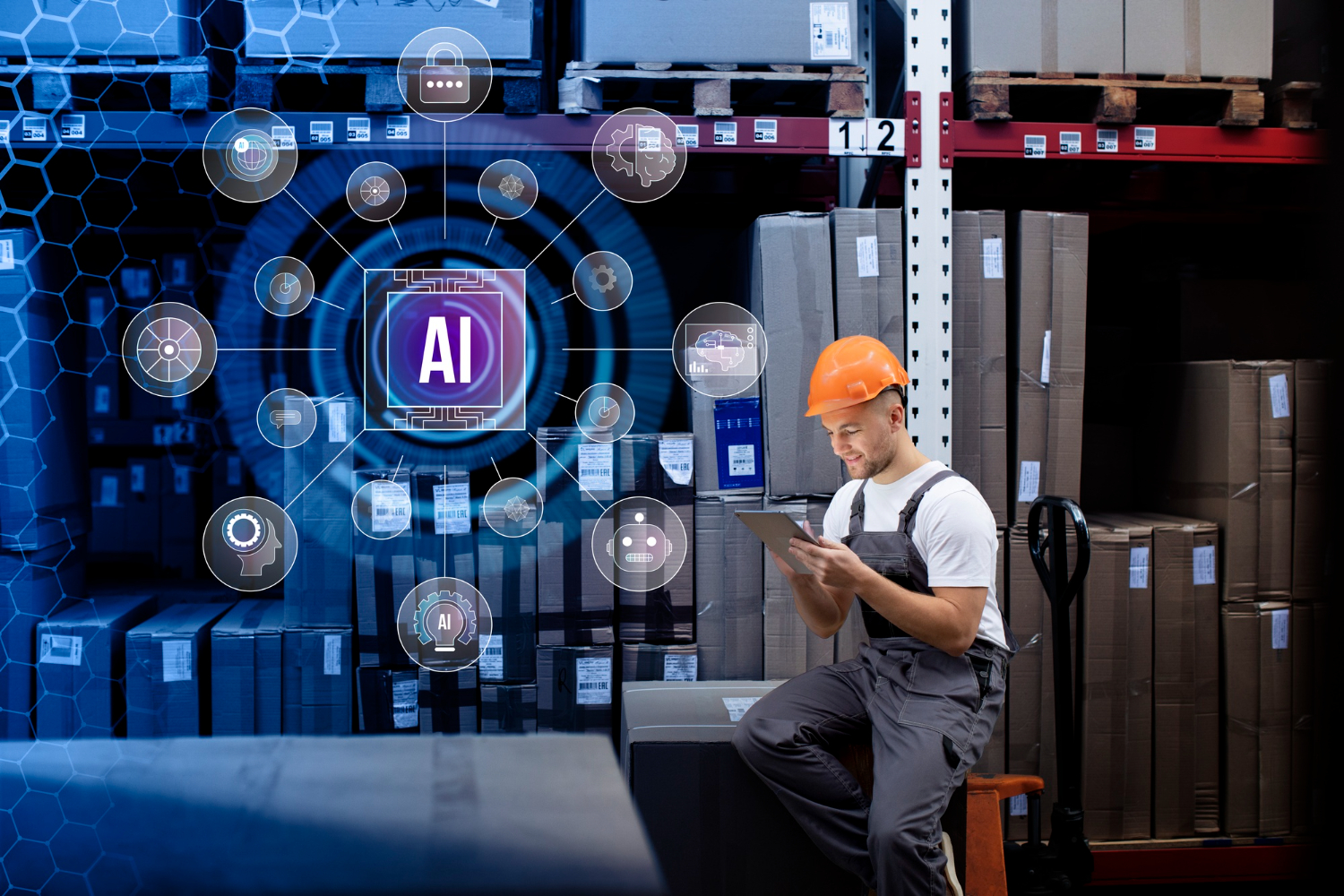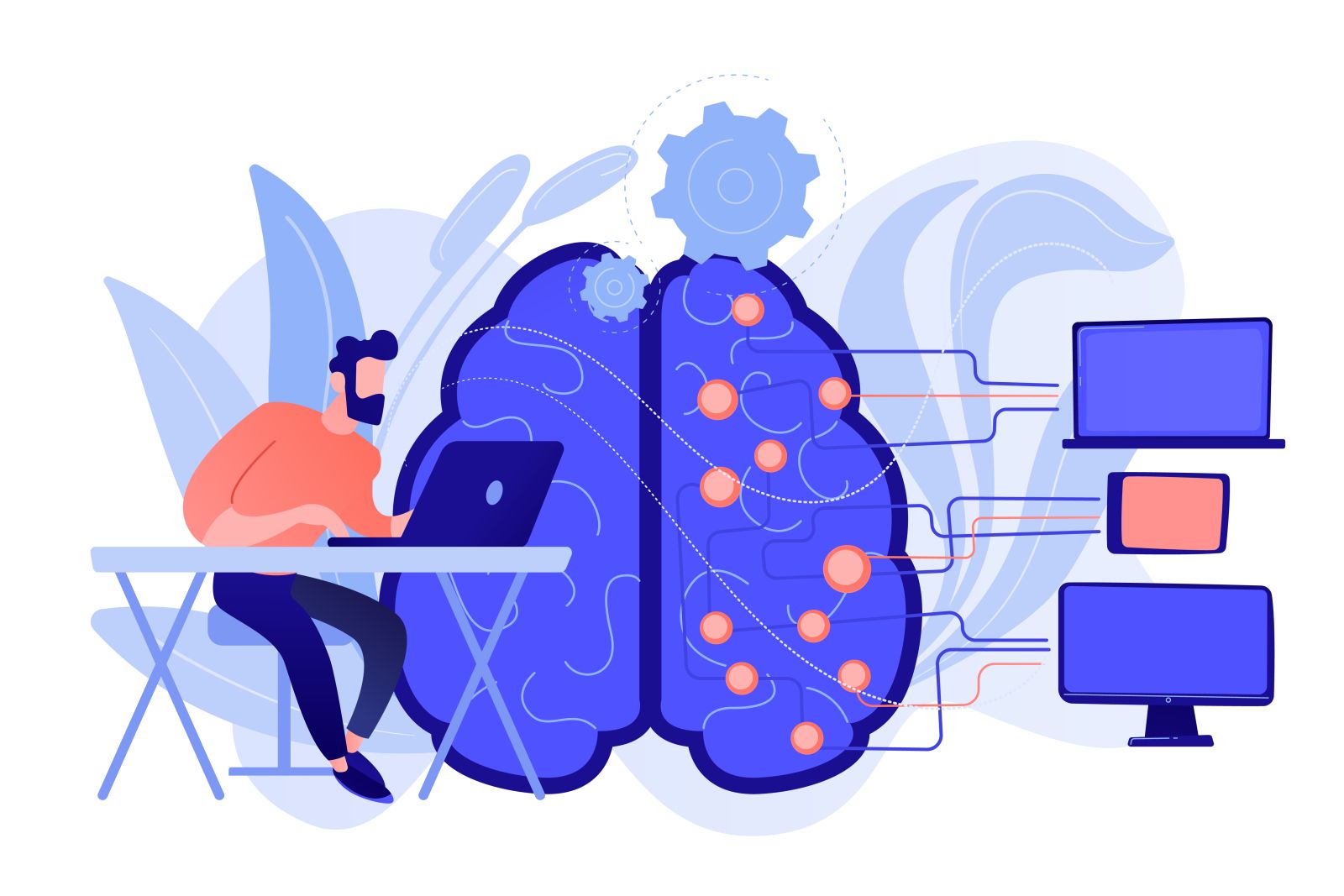The Future is Now: How AI/ML Development is Shaping Tomorrow's World
Artificial Intelligence (AI) and Machine Learning (ML) have become synonymous with innovation, promising to reshape industries and redefine human capabilities. As these technologies continue to advance at a rapid pace, they are poised to revolutionize the way we live, work, and interact with the world around us.
Introduction to AI/ML Development
Artificial Intelligence (AI) refers to the simulation of human intelligence in machines that are programmed to think and learn like humans. Machine Learning (ML), a subset of AI, focuses on the development of algorithms that allow computers to learn from and make predictions based on data.
Key Concepts in AI/ML
- Artificial Intelligence (AI): AI encompasses a wide range of technologies, including natural language processing, computer vision, and robotics, all aimed at replicating human-like intelligence in machines.
- Machine Learning (ML): Machine Learning algorithms enable computers to improve their performance on a specific task through experience and without being explicitly programmed. This allows machines to learn from data and make predictions or decisions autonomously.
- Deep Learning: Deep Learning is a subset of Machine Learning that uses artificial neural networks with multiple layers to process and analyze large amounts of data. It has enabled significant advancements in tasks such as image and speech recognition, natural language processing, and autonomous driving.
Applications of AI/ML Development

- Healthcare: AI/ML algorithms can analyze medical images, predict disease outcomes, and personalize treatment plans, leading to improved patient care and outcomes.
- Finance: AI-powered algorithms are used for fraud detection, risk assessment, algorithmic trading, and customer service automation in the financial industry.
- Transportation: ML algorithms are employed in autonomous vehicles for navigation, object detection, and decision-making, paving the way for safer and more efficient transportation systems.
- Education: AI-based tutoring systems, personalized learning platforms, and automated grading systems are transforming the way students learn and teachers teach.
Impact of AI/ML Development on Society

- Automation and job displacement: While AI/ML automation can streamline processes and increase productivity, it also raises concerns about job displacement and the future of work. Many traditional jobs may be automated, leading to a shift in the labor market and the need for retraining and upskilling.
- Ethical considerations: AI/ML algorithms are not immune to biases and can perpetuate existing societal inequalities if not carefully designed and implemented. Ethical considerations surrounding data privacy, transparency, and fairness are essential to ensure the responsible development and deployment of AI/ML technologies.
- Advancements in research and innovation: AI/ML development is driving advancements in research and innovation across various fields, from healthcare and agriculture to manufacturing and energy. These technologies have the potential to address some of the world's most pressing challenges and improve the quality of life for people around the globe.
Challenges and Limitations of AI/ML
- Bias and fairness: AI/ML algorithms can exhibit biases based on the data they are trained on, leading to unfair or discriminatory outcomes. Addressing bias and ensuring fairness in AI/ML systems is crucial for building trust and promoting equitable access to technology.
- Data privacy and security: The proliferation of AI/ML technologies has raised concerns about data privacy and security, as vast amounts of personal data are collected and analyzed to train machine learning models. Robust data protection measures and privacy-preserving techniques are needed to safeguard sensitive information and prevent misuse.
- Regulation and governance: The rapid pace of AI/ML development has outpaced regulatory frameworks and governance mechanisms, leaving gaps in accountability and oversight. Establishing clear regulations and ethical guidelines for the responsible development and deployment of AI/ML technologies is essential to mitigate risks and ensure their safe and ethical use.
Future Trends in AI/ML Development

- Explainable AI: There is growing demand for AI systems that can explain their decisions and actions in a transparent and interpretable manner. Explainable AI techniques aim to increase trust and accountability in AI systems by providing insights into their decision-making processes.
- Edge computing: Edge computing involves processing data closer to its source, reducing latency and enabling real-time decision-making in AI applications. Edge AI devices, such as smart sensors and IoT devices, are becoming increasingly prevalent, enabling intelligent edge computing solutions for a wide range of applications.
- Quantum computing: Quantum computing holds the potential to revolutionize AI/ML development by exponentially increasing computational power and enabling breakthroughs in optimization, simulation, and machine learning algorithms. While still in its early stages, quantum computing has the potential to unlock new capabilities and solve complex problems that are currently beyond the reach of classical computers.
Conclusion
AI/ML development is ushering in a new era of innovation and transformation, with far-reaching implications for society, economy, and humanity as a whole. While the future of AI/ML holds immense promise, it also presents challenges that must be addressed to ensure its responsible and ethical use. By embracing the opportunities and addressing the challenges, we can harness the full potential of AI/ML technologies to shape a better future for generations to come.
FAQs
- What is the difference between AI and ML?
AI refers to the broader concept of creating machines that can simulate human intelligence, while ML focuses on developing algorithms that enable machines to learn from data and make predictions autonomously.
- How is AI/ML being used in healthcare?
AI/ML technologies are used in healthcare for medical imaging analysis, disease diagnosis, personalized treatment planning, drug discovery, and virtual health assistants.
- What are some ethical considerations in AI/ML development?
Ethical considerations in AI/ML development include bias and fairness, transparency, accountability, data privacy and security, and the impact on jobs and society.
